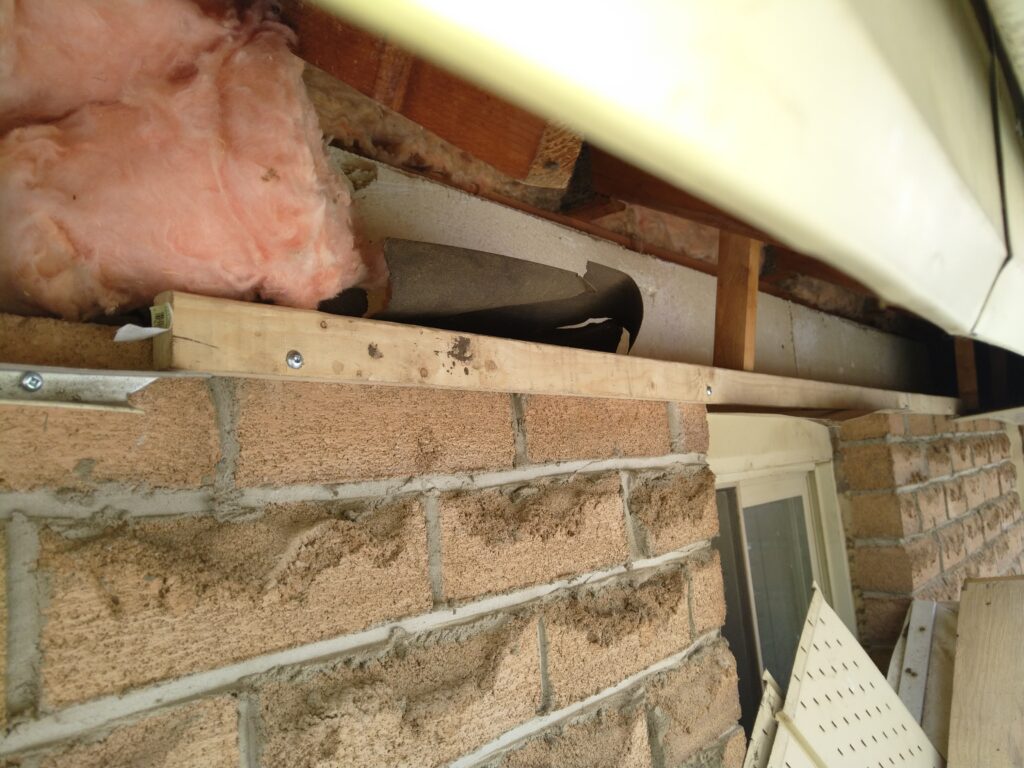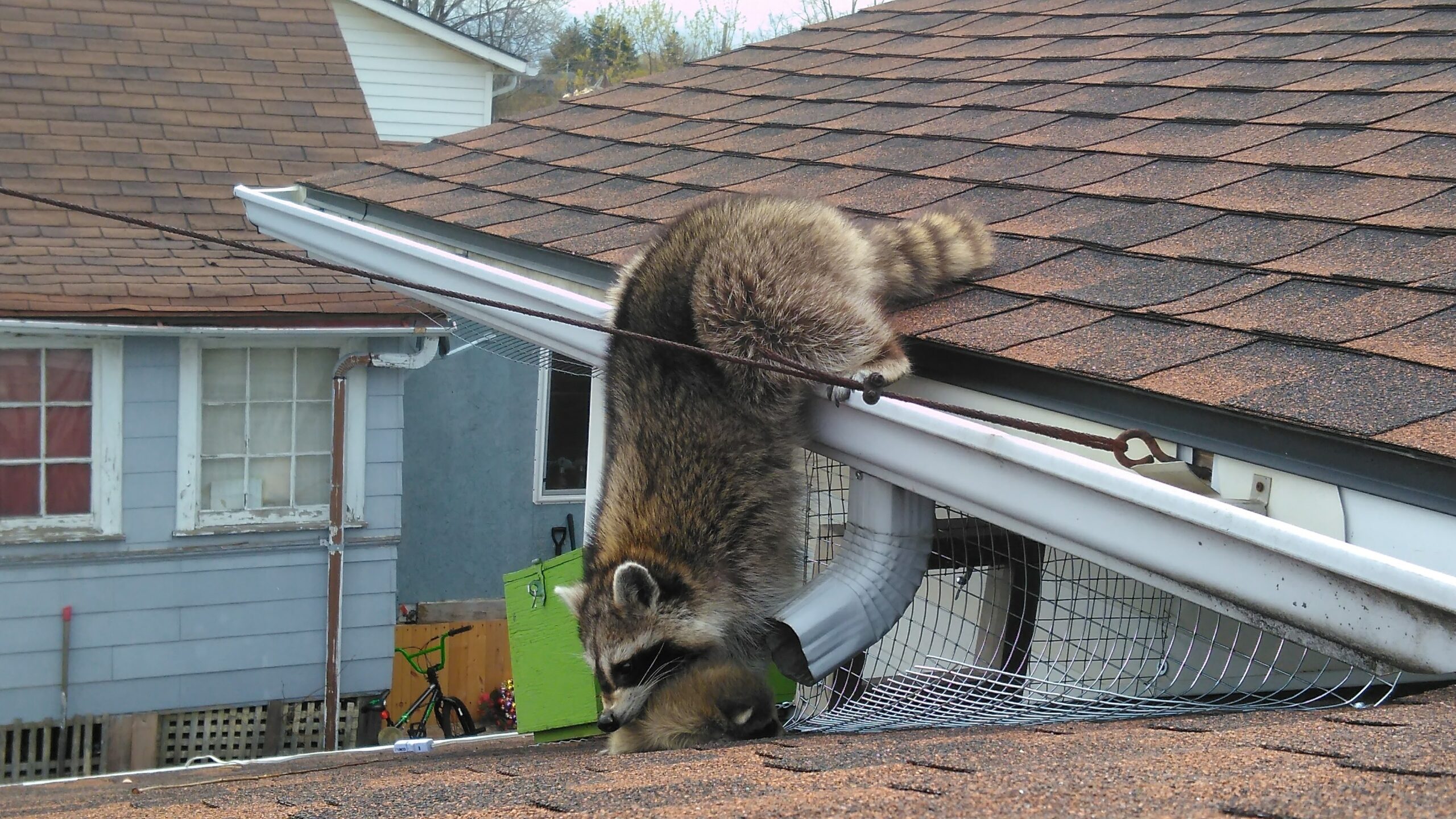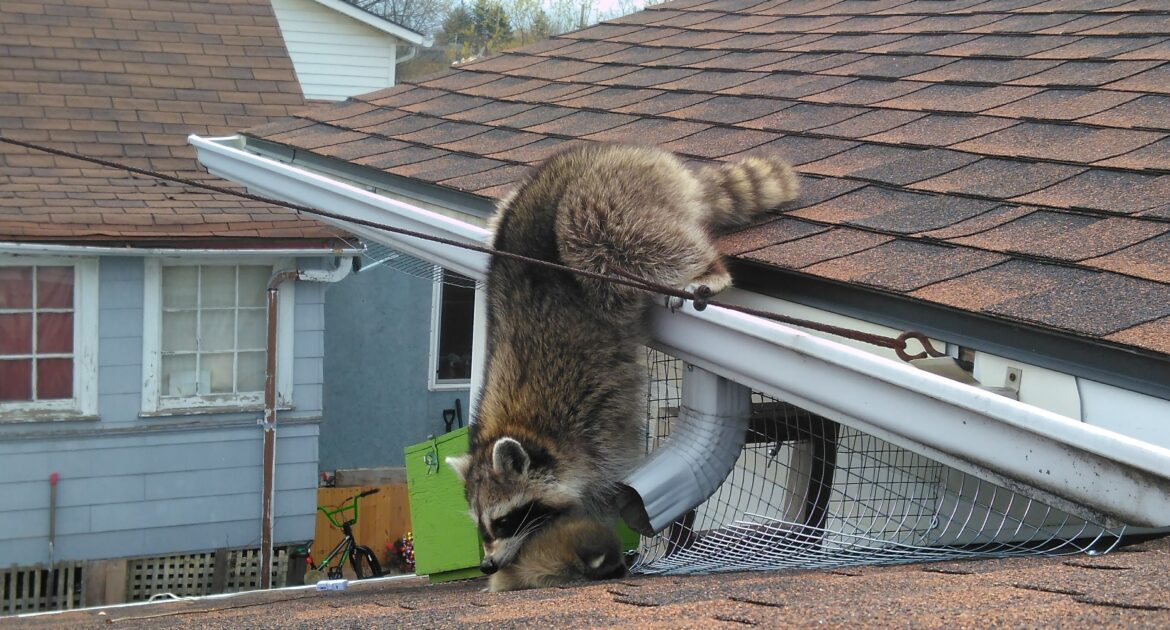Raccoons are intelligent mammals that can adapt to virtually any environment and survive on a variety of resources. Raccoons thrive in the wild, but they’re also skilled at making nests in urban and suburban locations. Although they live close to humans, they prefer to keep their habitats hidden and safe from predators. You’re unlikely to spot a raccoon out during the day in Kitchener, but at night, the animal searches for food and water and often inspects nearby neighbourhoods and homes. You can learn where raccoons make their nests and how to keep them out of your home in these passages.
Four Common Places That Raccoons Nest
With their sharp claws, raccoons can easily climb up trees and poles to find shelter and evade predators. Like the possum, a raccoon isn’t fond of building its nest from scratch. Instead, the creature finds a ready-made habitat and modifies it to insulate it from the heat and cold. You may have asked yourself, where do raccoons live in Kitchener? Unfortunately, they may be closer than you think. If you have areas near your home or property that could provide shelter, you should inspect them periodically to ensure a family of raccoons has not made a new home.
Trees
Trees are one of the raccoon’s favorite places to nest in nature. They feel more secure when they’re in an elevated position that’s shielded with dense foliage. A hollowed-out hole in a tall tree is an ideal spot for a nest, and a raccoon will gather leaves and branches to make the home more comfortable. An abandoned nest positioned on a sturdy branch of the tree is another prime location for a raccoon.
Barn Lofts
If you have a barn, tool shed or storage unit on your property and live near a wooded area, you could soon have a raccoon problem if the animals have access to the interior of the buildings. A loose panel or large hole can provide easy access for a raccoon to build a nest. Check your outdoor structures throughout the year for evidence of raccoons and make repairs as soon as you see the damage.
Natural Dens
Raccoons are opportunistic. When they see a secluded hideout made by nature, they don’t hesitate to make it home. Fallen trees with hollowed-out sections provide a safe shelter and nearby caves can also serve as habitats.
Your Home
The perfect site for a raccoon nest must be close to water and food. Neighbourhoods and rural properties are favorite targets of raccoons looking for an area to nest and feed. If you have a tree in your yard with branches close to the house, a raccoon can leap onto your roof and crawl into the chimney. The attic is another preferred site for raccoons, and you may not realize you have raccoons until you hear the mother’s babies crying.

How To Deter Raccoons From Your Property
Raccoons are amusing animals, but they can carry rabies and other infectious diseases. Keeping them away from your home is vital for your family’s health and safety. You should not try to remove or kill raccoons yourself, but you can modify your property to prevent a raccoon from nesting. Raccoons like cover, and they feel more exposed in a clean yard with trimmed shrubs and trees.
Woodpiles and other yard debris are excellent hiding spots, but you can clear your yard of rubble and store your wood on a metal rack off the ground. If you have trees or hedges near the house, prune them often and remove fallen limbs. Check for any structural damage that could provide access to the attic and store your garbage in sturdy containers you can lock.
When you need a professional to remove a raccoon family from your home, you can rely on Skedaddle Humane Wildlife Control. We can safely remove the raccoons and protect your property against another raccoon visit. Contact us today.




